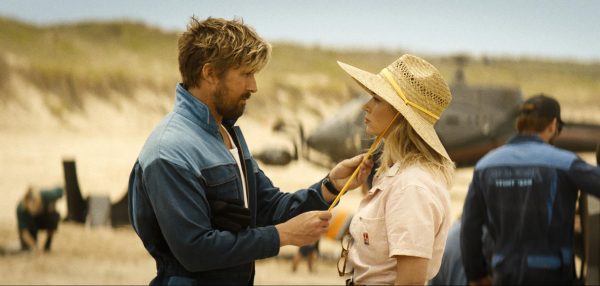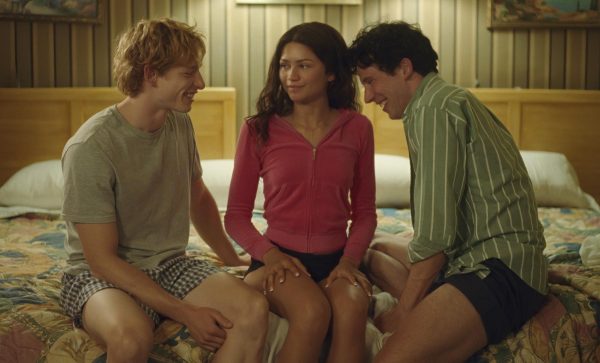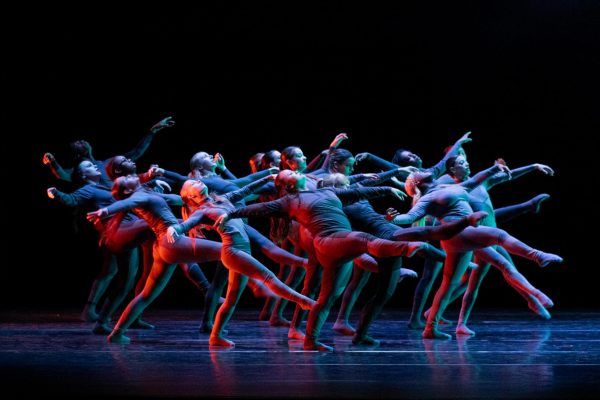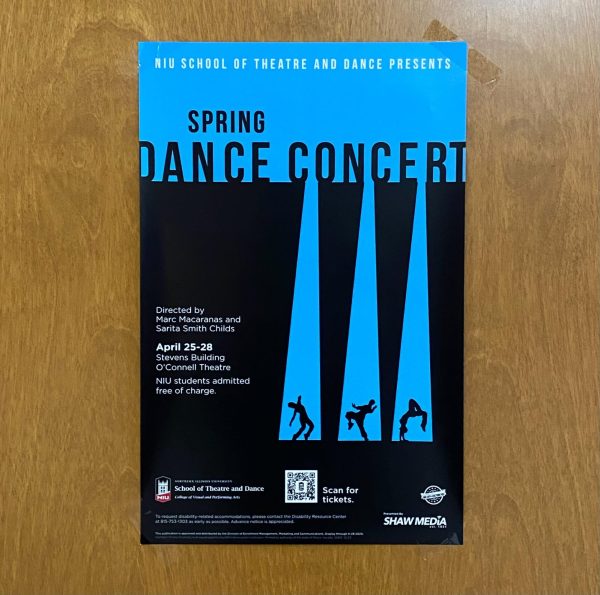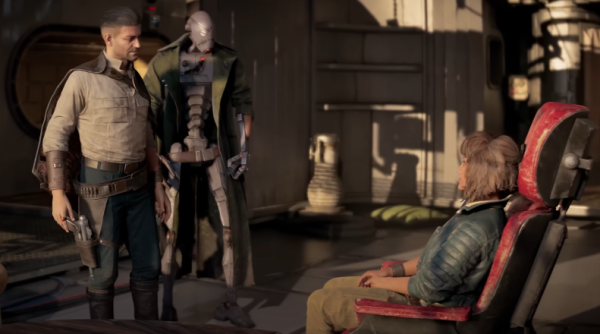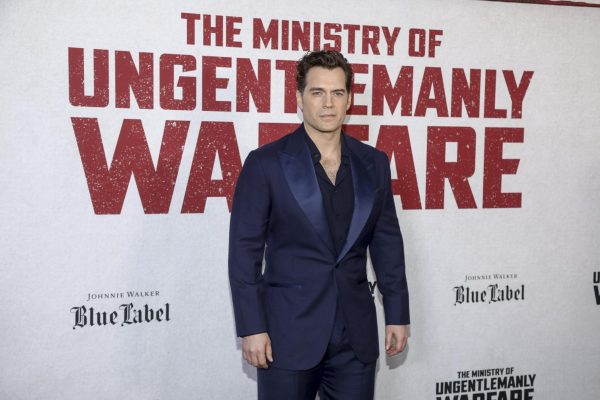‘As You Like It’ Q & A
November 20, 2017
*The following text has been edited for length and is not directly quoted.
One of William Shakespeare’s most popular plays, “As You Like It,” is taking the stage in a new light. Setting it in modern times, director Stanton Davis puts a new twist on a comedy classic.
Q: What is the play about?
A: It is one of Shakespeare’s comedies and contains one of his most complex female characters, Rosalind, who is the daughter of a duke who’s been deposed. We find Rosalind and her best friend in the court of the new duke, and they flee into the Forest of Arden.
In order to survive, Rosalind chooses to disguise herself as a man, and she meets the man she was in love with back in the court, Orlando. She turns Orlando into the ideal husband, and he starts to fall in love, but he’s struggling because he’s falling in love with another “man” and doesn’t realize it’s Rosalind.
While this is all going on, in the background, there’s a war, and I feel the play shows how all the characters grasp onto their humanity while hiding for their safety.
Q: Since the play is set in modern times, how is the Forest of Arden being portrayed?
A: Since we cannot put a forest on stage, we are using a lot of light and sound to portray the forest along with the rest of the scenes. We also have camouflage netting for tents, and the actors learned how to portray the harsh conditions they are surviving through to create the feel of the forest.
Q: How did you help the actors get in touch with their characters?
A: I told them I can’t put a forest on stage, but I can give you the memories of rural life, so I took them to my farm.
Audrey, whose character is a goat herder, spent time with the goats I had on my farm. We would run scripts around a bonfire at night so they would know how it felt to be cold at night.
My movement coach also took them to a forest preserve, and we did a bunch of scenes and work back in the forest to get the feel of moving through trees, understanding what it’s like to be hunted. It helps because if the actors can imagine it, then it helps the audience imagine it too.
Q: What was the reason for choosing this play and placing it in modern times?
A: We set the play in modern society to bring awareness to all the countries that are dealing with refugee crises like Sudan and Syria. That’s why I advocated for the play, and this is my take on it. What happens during war time is people flee from a horrific situation where they could be killed.
Q: Why do you like the play?
A: I like the play because it shows what it’s like to live outside the normal bounds of society. When you look at the play and listen to the words at face value, there is a lot of horrifying things that happen. You find the dark side of the humor. It’s sort of like gallows humor.




